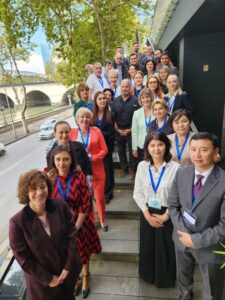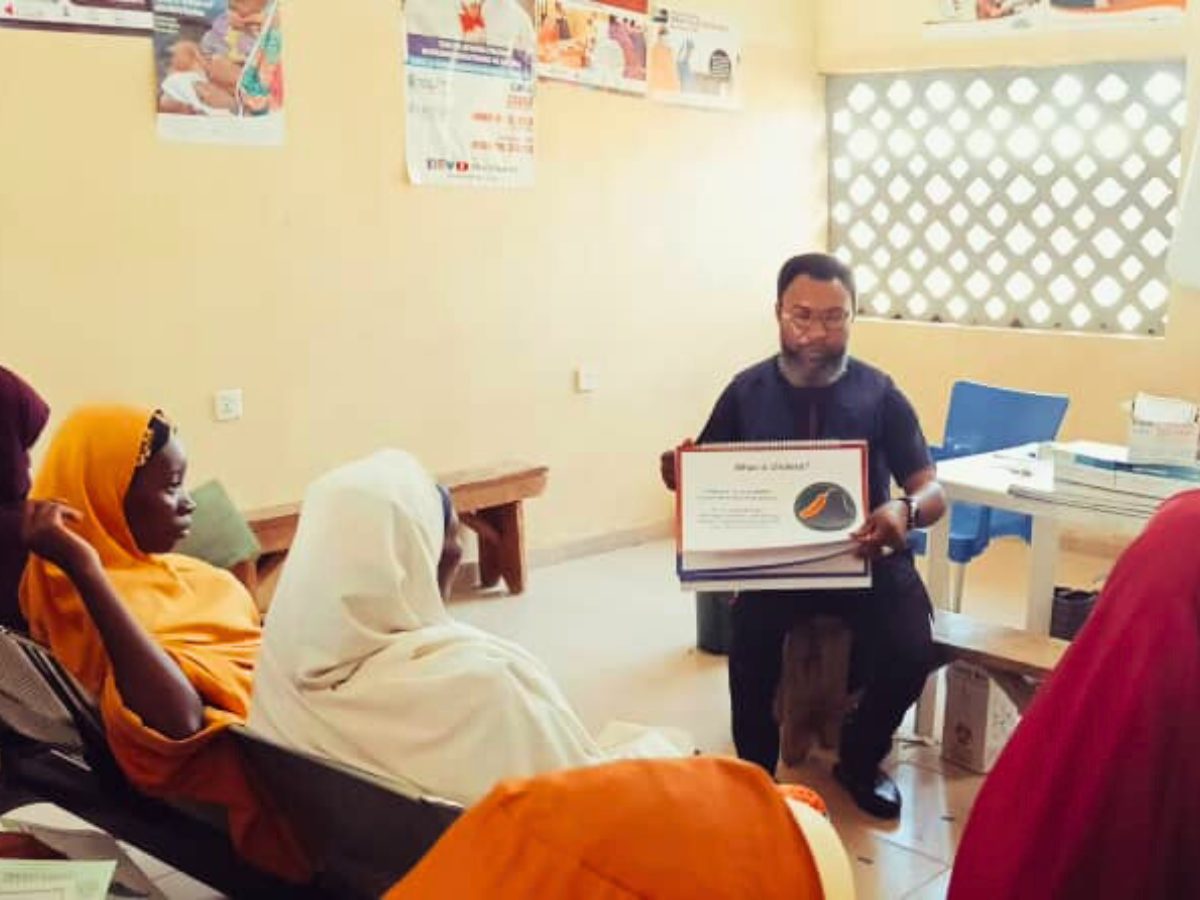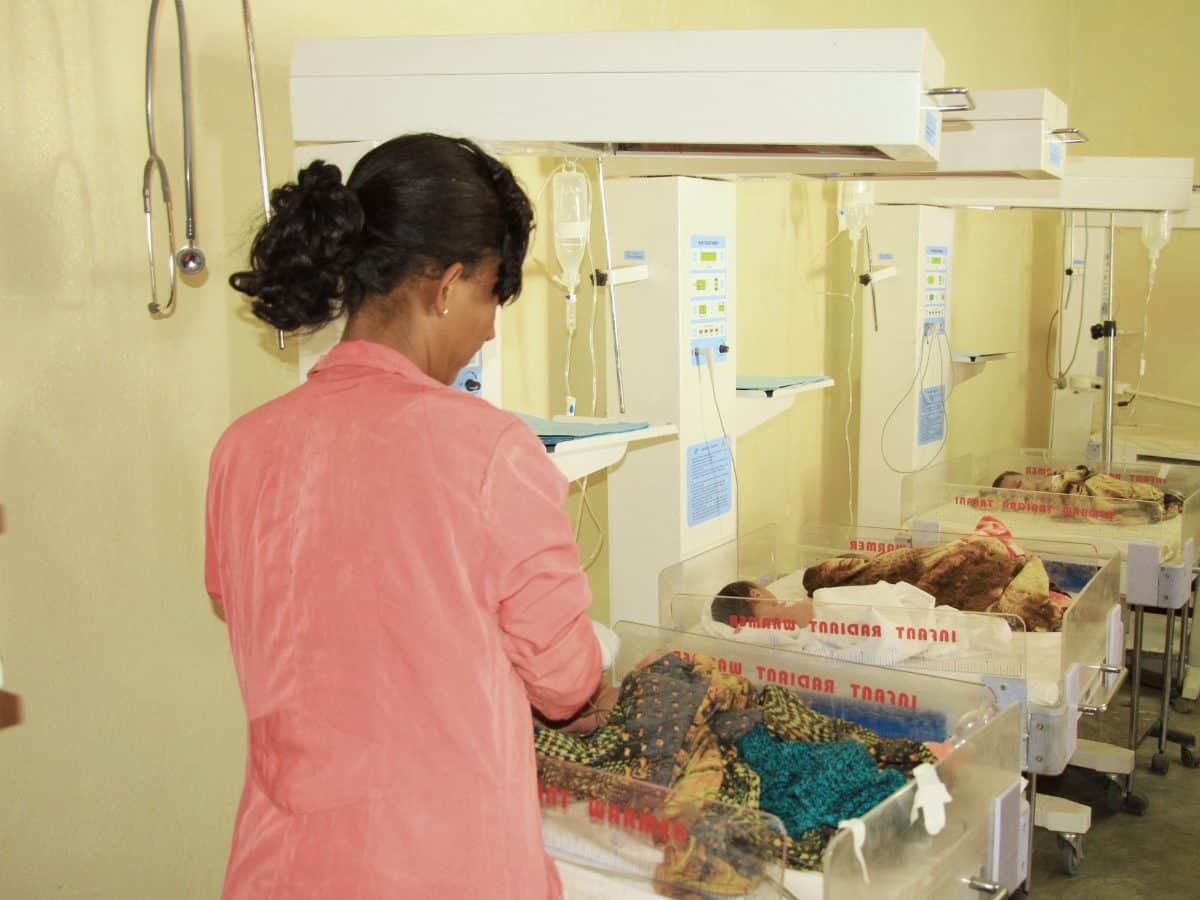On September 23, 2024, ICAP at Columbia University, with support from the U.S. Centers for Disease Control and Prevention (CDC), launched the inaugural cohort of the Eastern Europe and Central Asia (EECA) Public Health Emergency Management (PHEM) training program in Tbilisi, Georgia. This pivotal initiative aims to build the capacity of the in-country workforce to prepare for, respond to, and recover from public health emergencies efficiently and effectively.
The first cohort brought together 18 fellows from eight countries across the EECA, including Tajikistan, Kazakhstan, Turkmenistan, Kyrgyzstan, Uzbekistan, Armenia, Ukraine, and Moldova. The start-up training session in Tbilisi, spanning six intensive days, marked a significant step towards bolstering regional preparedness and response capabilities. Supported by experts from the CDC and ICAP, the training covered the fundamentals of emergency management, including strategic, operational planning, risk assessment and stakeholders’ analysis, and monitoring and evaluation of emergency management.
“The COVID pandemic has highlighted the need for countries to strengthen capacities for ensuring resilience in the face of crises, whether they are biological, natural, or technological in nature,” said Ekaterine Pestvenidze, MD, PhD, MS, national program coordinator for ICAP in Georgia. “The robust PHEM training program combining various learning approaches with practical applications to real-world scenarios allows fellows to develop critical skills in emergency preparedness, planning, and response. We hope this pivotal program will enhance the EECA’s collective ability to face future challenges with confidence and resilience.”

The PHEM cohort brought together 18 fellows from eight countries across the EECA, including Tajikistan, Kazakhstan, Turkmenistan, Kyrgyzstan, Uzbekistan, Armenia, Ukraine, and Moldova
The collaborative nature of the training fostered an environment for fellows to share their experiences and discuss problem-solving strategies. This exchange enriched their learning and strengthened bonds among professionals, laying the groundwork for a cross-country community of practice.
A key component of the workshop was initiation of the Team Emergency Management Project, in which mentors support fellows in applying PHEM strategies and concepts to real-life challenges in a way that directly benefits their local emergency management systems and aligns with national and international public health priorities.
“Our participation in the first in-person PHEM workshop in Tbilisi was transformative,” said Luliia Kozolii, a PHEM fellow from Ukraine. “We gained essential insights into emergency planning and incident management, while also sharing our experiences from public health crises in Ukraine. The knowledge and skills we acquired, and will continue to gain throughout the program, are vital for Ukraine as it navigates the challenges of war and emergency management.”
Looking Ahead: The Future of PHEM in EECA
Over the coming months, fellows will participate in two additional in-person sessions and two online modules aimed at deepening their understanding and practical application of PHEM principles.
The program is built on and aligns with international training programs and standards set forth by the CDC, the World Health Organization (WHO), and the International Health Regulations (IHR, 2005).
“During the intensive six-day workshop in Tbilisi, the team from the Kyrgyz Republic benefited from the expertise of seasoned professionals from the CDC, providing fundamental knowledge on effectively managing a wide range of public health emergencies, including epidemics and pandemics, chemical and radiological incidents, and natural disasters,” said Anara Mambetisaeva, a PHEM fellow from Kyrgyzstan. “We fully recognized the importance of having a functional public health emergency operation center and aspire to establish one similar to the successful models shared by other countries in the region.”
As the PHEM training program continues, it reflects the commitment of countries in Eastern Europe and Central Asia to strengthen their public health emergency response systems. The collaborative efforts of the CDC, ICAP, and participating nations will play a crucial role in transforming lessons learned from past crises into actionable strategies for the future. Together, these countries are not just preparing for emergencies—they are building a safer, healthier world for everyone.
About ICAP
A major global health organization that has been improving public health in countries around the world for two decades, ICAP works to transform the health of populations through innovation, science, and global collaboration. Based at Columbia Mailman School of Public Health, ICAP has projects in more than 40 countries, working side-by-side with ministries of health and local governmental, non-governmental, academic, and community partners to confront some of the world’s greatest health challenges. Through evidence-informed programs, meaningful research, tailored technical assistance, effective training and education programs, and rigorous surveillance to measure and evaluate the impact of public health interventions, ICAP aims to realize a global vision of healthy people, empowered communities, and thriving societies. Online at icap.columbia.edu








